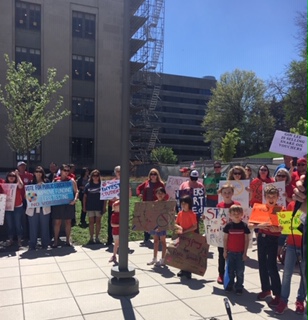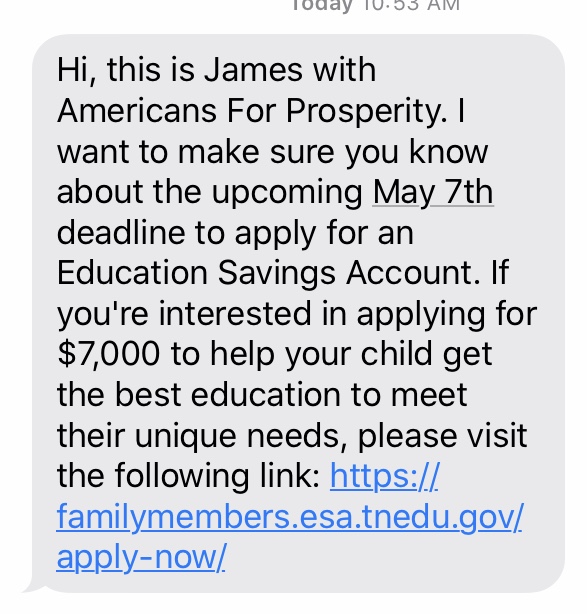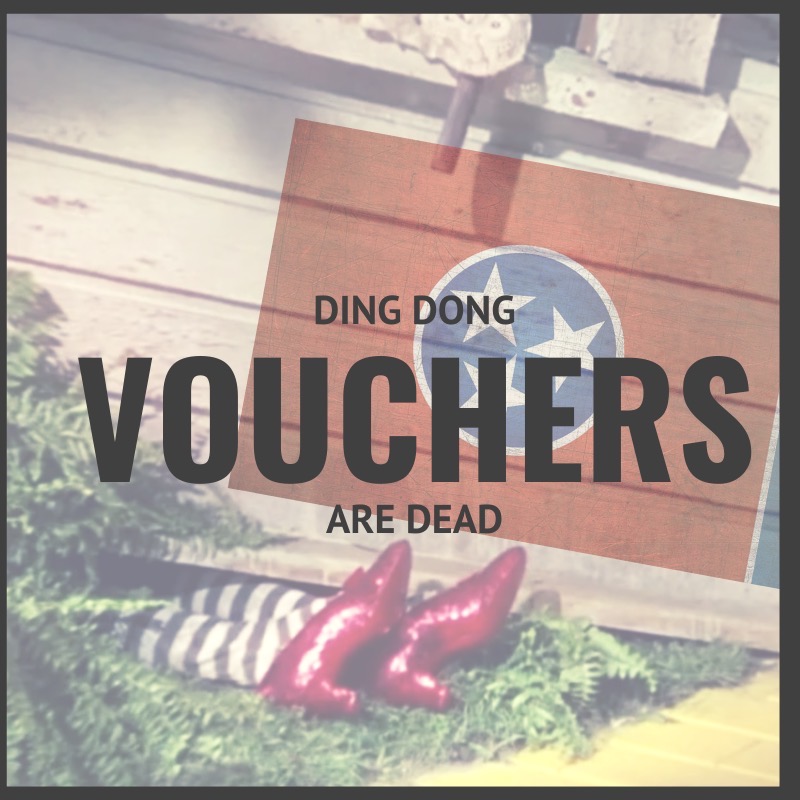Wilson County education advocate Kristi Dunn reports on a proposed budget for Wilson County Schools that includes some pretty steep cuts. Here’s her summary:
Yesterday was a work session for the Wilson County BOE ti discuss the upcoming budget. It was ugly and disappointing to the day the least. Our economy has taken a hit due to decrease in sales tax revenue, construction, tourism and property taxes. We have a $10.5 million deficit in the education budget to make up. The solution being proposed is to cut 41 high school teaching positions, 95 EAs, buy no textbooks, cut our Adult High School program which helps at least 145-150 students get their diploma a year, cut adult basic education program, cut all coaching stipend, mentoring stipends, all stipends for any band director, etc, no early retirement incentives.
The proposal comes just ahead of the return of the Tennessee General Assembly in June. At that time, legislators may decide to reinvest money previously allocated for Gov. Bill Lee’s now dead voucher scheme.
Additionally, a new report from Education Week indicates that districts across the country will face significant cuts due to the economic impact of COVID-19.
Almost half of the nation’s 13,000 school districts may be forced to make the deepest cuts to education spending in a generation—slashing programs and laying off hundreds of thousands of administrators, teachers and other staff—to fend off financial collapse brought on by the coronavirus.
“What’s so stunning about this recession is that poor districts are going to bear the brunt of these cuts because they rely so heavily on state aid and they don’t have the capacity to raise their property taxes,” said David Sciarra, the executive director of the Education Law Center, a law firm and advocacy organization which has sued states for having inequitable funding systems.
It will be interesting to see how lawmakers handle school funding in the mini-session and going forward.

For more on education politics and policy in Tennessee, follow @TNEdReport
Your support — $5 or more — makes publishing education news possible.







